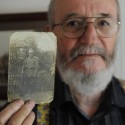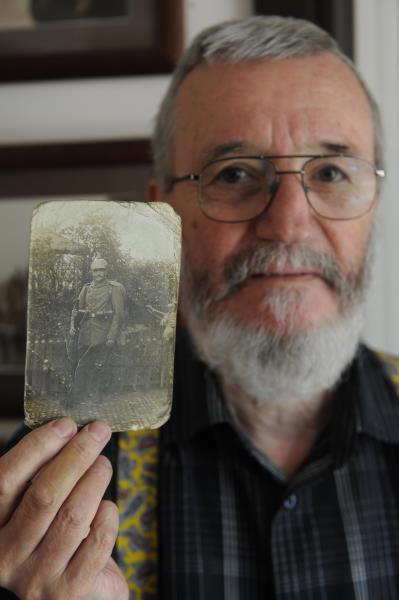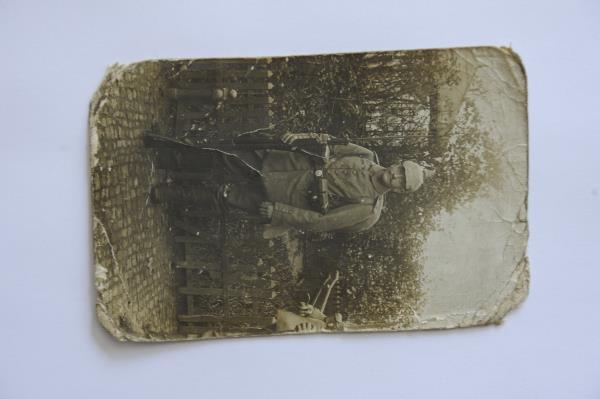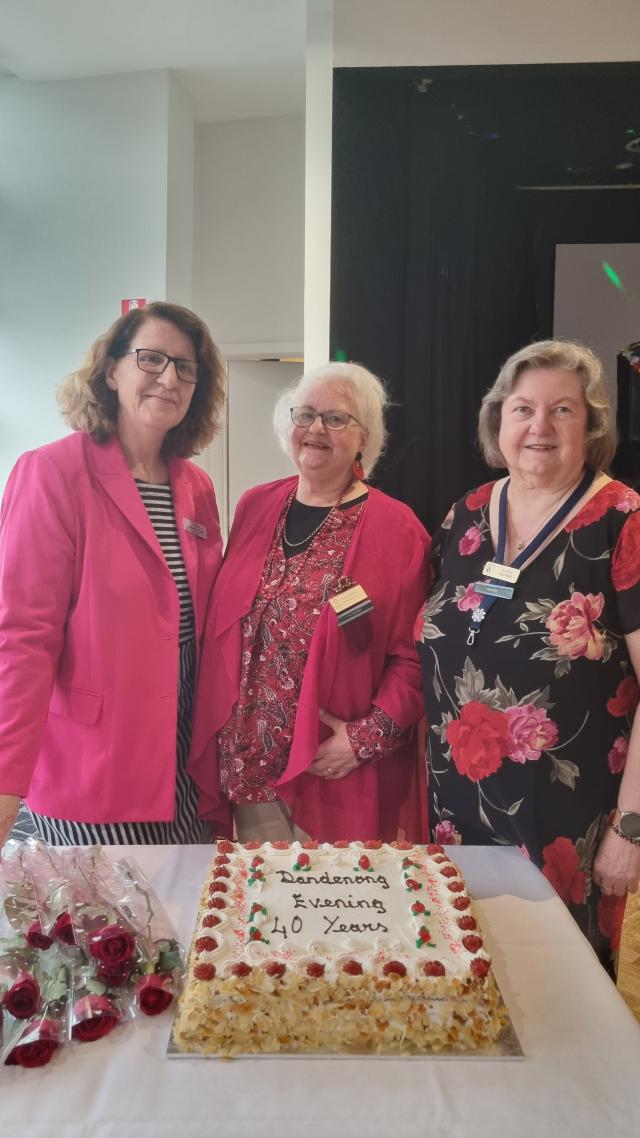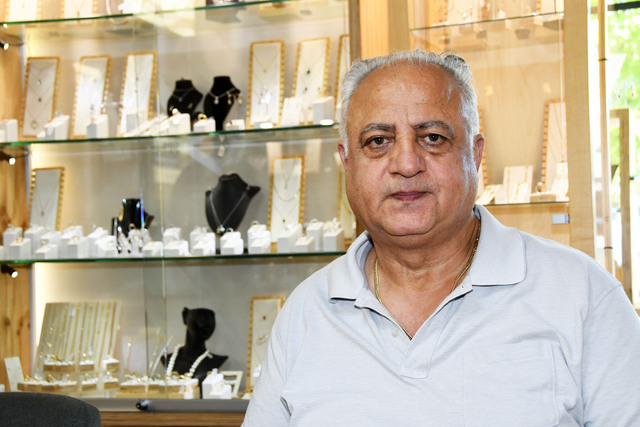By NARELLE COULTER
CHRISTMAS Eve 1914, the Western Front, France: the bullets and bombs that had turned the French countryside into a muddy, bloody hell fall silent and the gentle sound of Christmas carols waft between the Allied and German trenches.
New arrivals on the German lines bring with them Christmas trees which are hoisted onto the parapets of the trenches.
At first light on Christmas morning, German soldiers hesitantly begin to emerge from their positions and, calling out “Merry Christmas“ in English, approach the Allied trenches.
Among the Allied soldiers who clamoured out of the safety of his trench to wish ’Fritz’ a merry Christmas and exchange simple presents such as cigarettes and plum puddings was Irishman Charles Silvester.
Some time during that extraordinary Christmas Day, a German soldier approached Charles and pressed into his hand a photograph of himself dressed in the uniform of the 158th Regiment of the Imperial German Army.
One hundred years later that photograph, only slightly tattered around the edges, will take pride of place at the Christmas celebrations at the Springvale home of Charles’s grandson Doug Glew.
On the back of the photograph, the black lead pencil barely legible, Charles wrote “This was given to me by a private of the 158th Regiment, German Army on the 25th of December 1914. In the event of my death please send this to Miss C. Kelly, No 2 Ballynahinch Rd, Lisburn, County Down.”
Doug Glew knows only sketchy details of his grandfather’s life.
As a baby Charles Silvester was abandoned at an Irish orphanage.
He and wife Ivy married in Dewsbury, England, where Ivy lived and grew up.
Charles joined the Royal Irish Rifles as a bandsman and served in France during World War I. He was invalided out of the army after losing a finger in battle.
In 1917 he and Ivy had a daughter, Susan Ivy, Doug’s mother.
After the war Charles resumed civilian life working as a musician at a theatre in Belfast and later as a cellist at the Empire Theatre in Dewsbury.
Charles never spoke of the war. The clearest memory Doug has of his grandfather is spending Saturday mornings with him while his mum worked at Woolworth’s Variety Store and Charles’s copy of Peter Pan and Wendy by J.M. Barrie.
After Ivy died of cancer, Charles married his second wife, Gertrude.
Doug was 20 when Charles died in 1967 aged 75.
“I am just amazed the photograph still exists.
“Just stop and think what a miserable life it must have been in the trenches and it must have been in my grandfather’s pocket in those trenches for a good two years.
“It then went to my grandmother and my mother, who both looked after it.“
He has no idea who Miss C. Kelly was but has done some amateur sleuthing in an effort to discover the identity of the solider in the picture.
“I would love to find the descendants of the German solider. I have even written to the German Embassy but there were hundreds of men in that regiment.
“It could have been any one of them.“
He is not certain where his grandfather was fighting in the lead up to Christmas Day 1914, but has narrowed down the likely location to either Fromelles or the Rue des Bois Blanc.
“The Christmas Day truce was remarkable. It was quite unofficial. The British high command were absolutely ropeable.
“There are reports of the soldiers playing soccer together, then the next day it was back on.“
On Christmas Day Doug will arrange the photograph next to an old photograph of Charles and Ivy.
As his family gathers to share Christmas lunch they will pause to remember not only Charles but also the German soldier whose earnest stare is frozen in black and white.
“One hundred years on I can’t just let it go, it’s too important. After 100 years they both deserve some sort of commemoration.“

